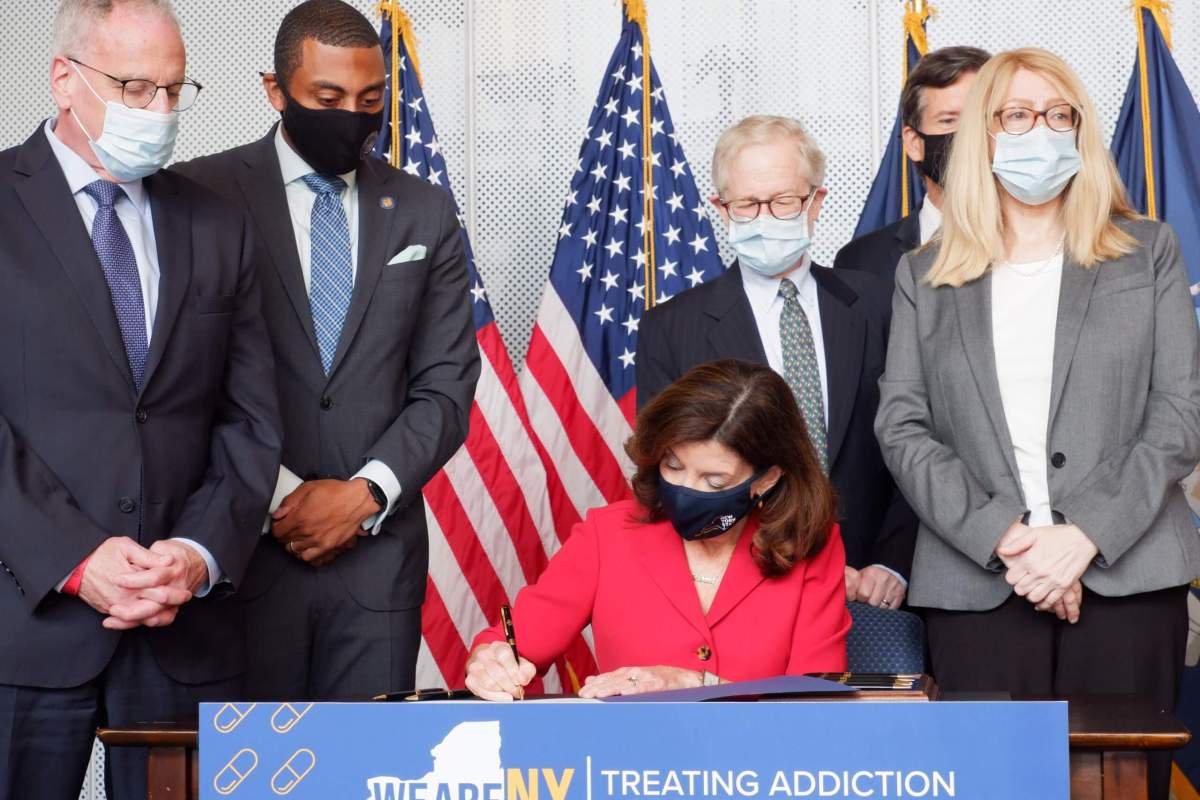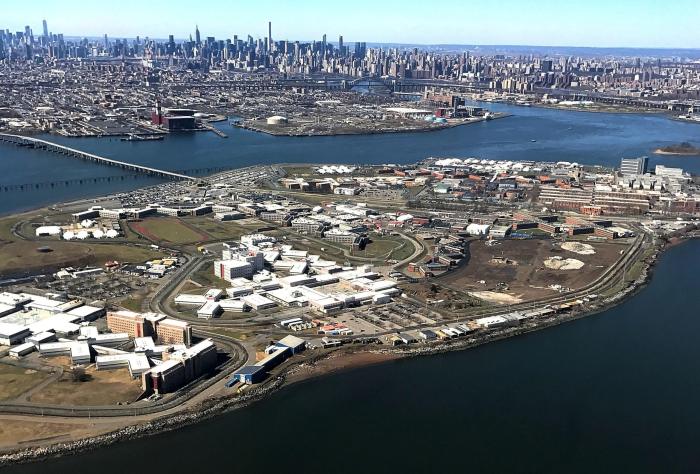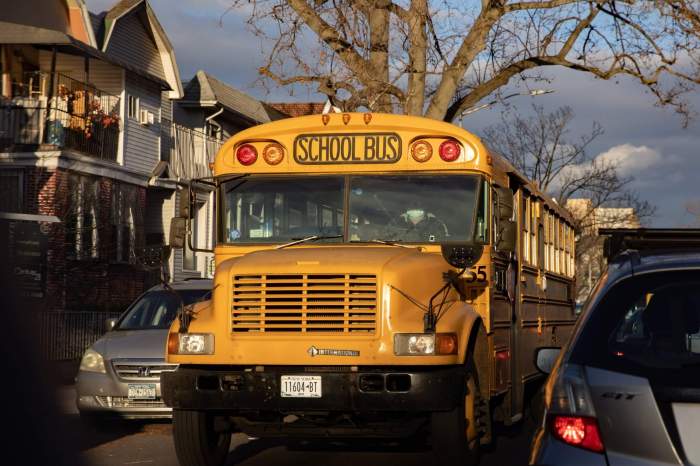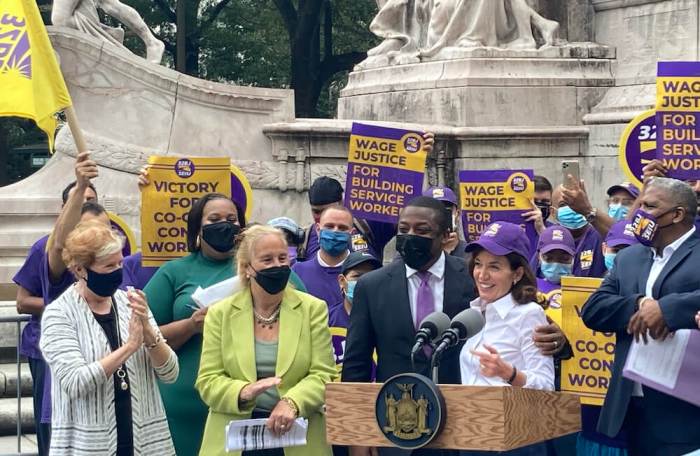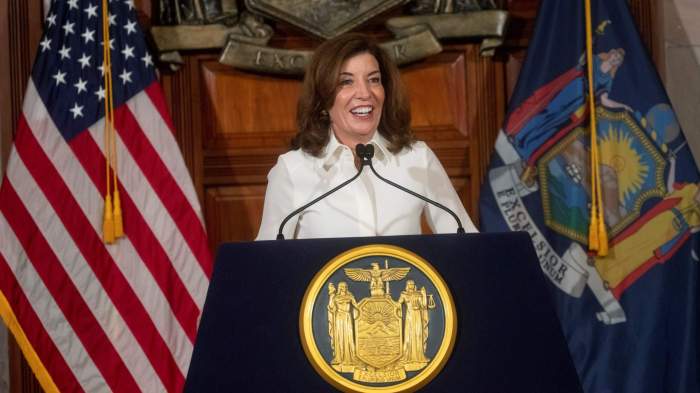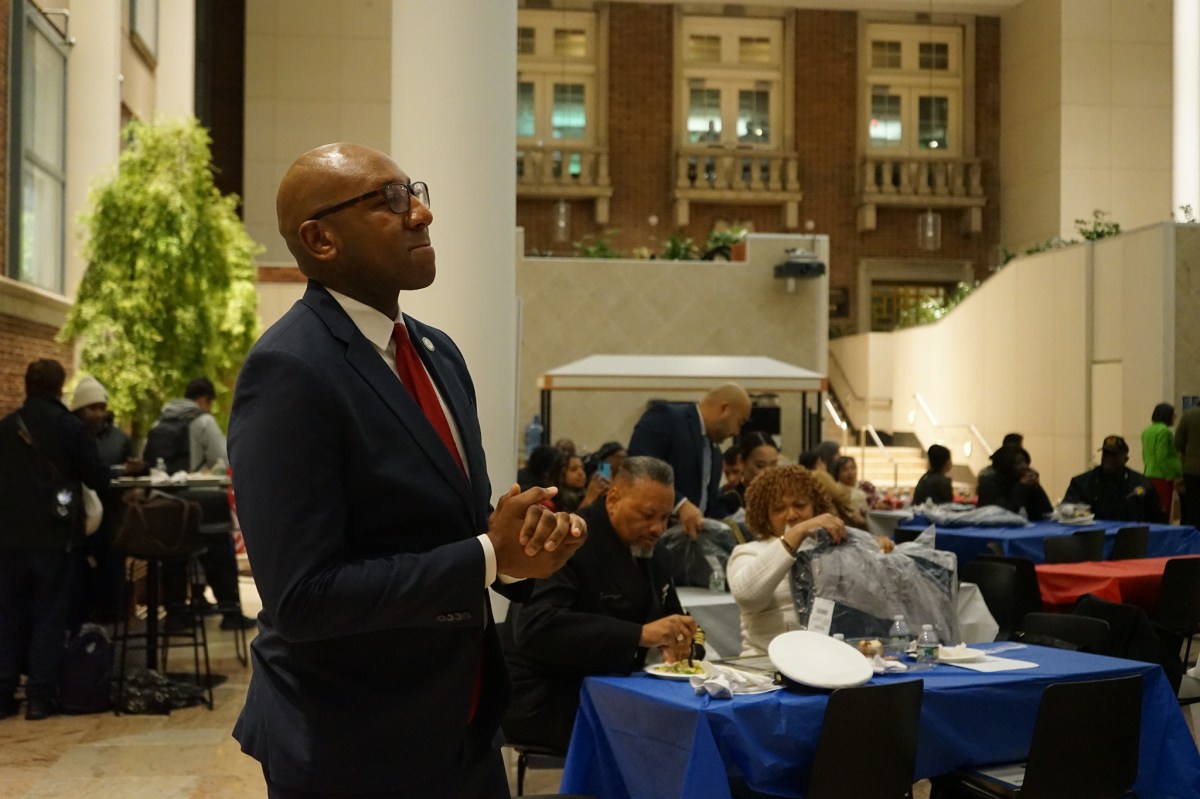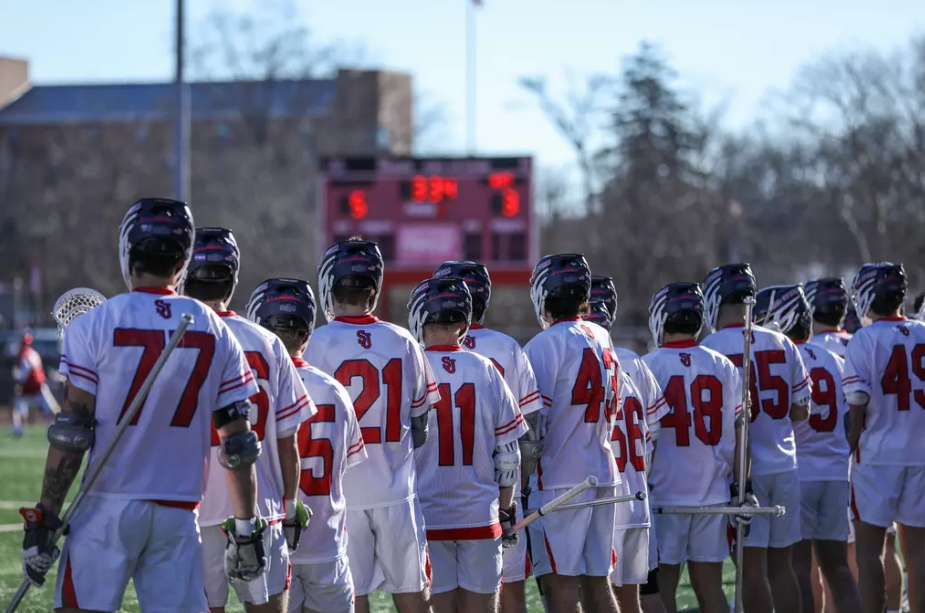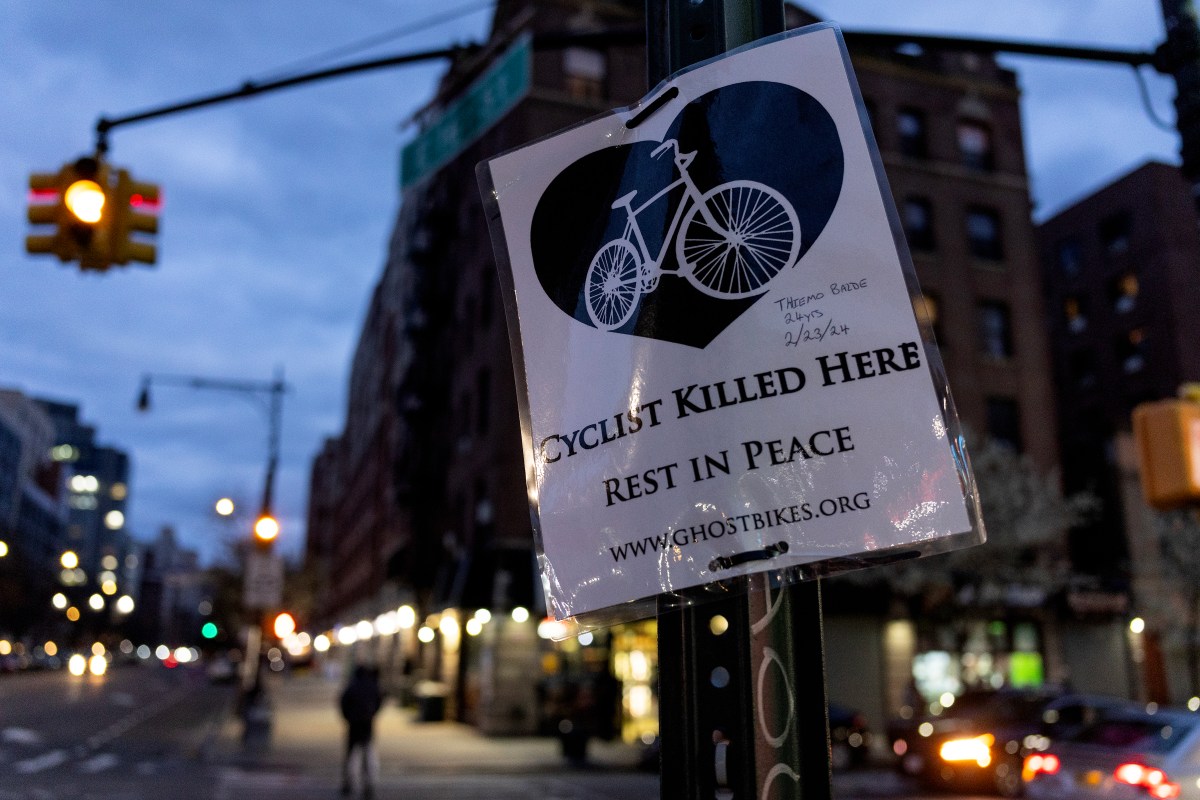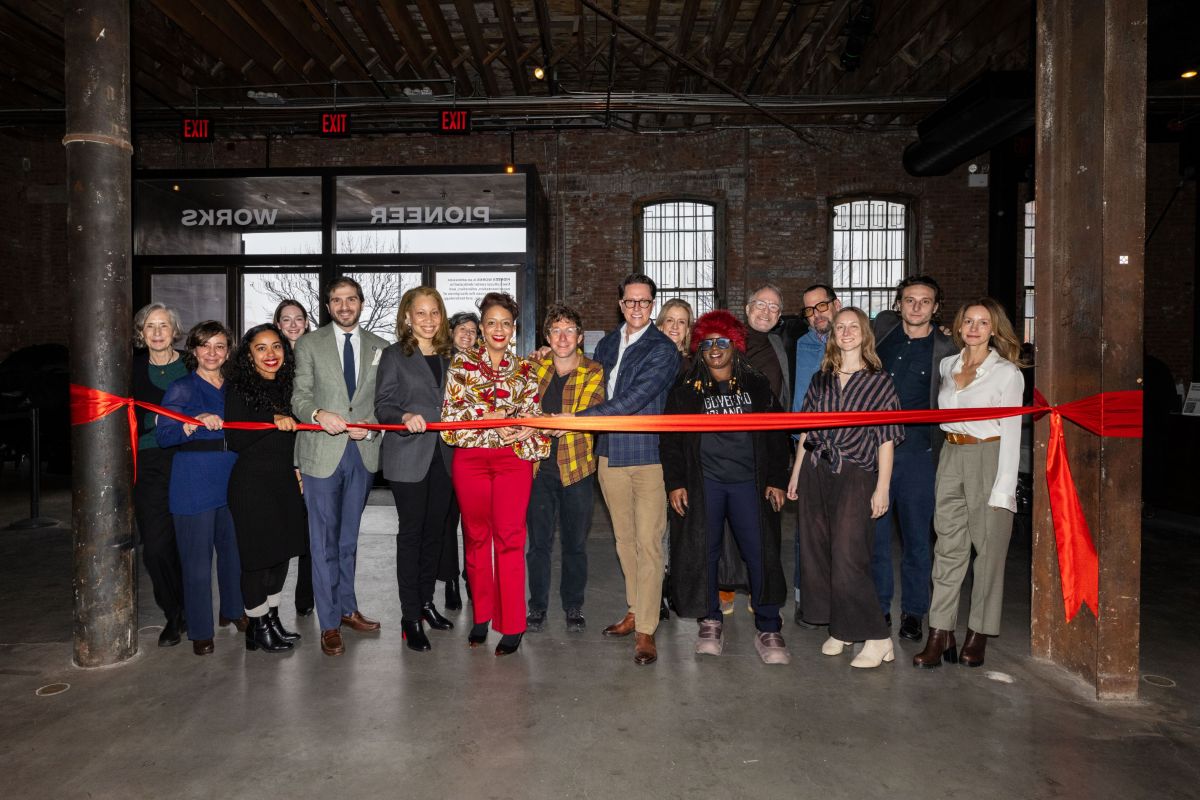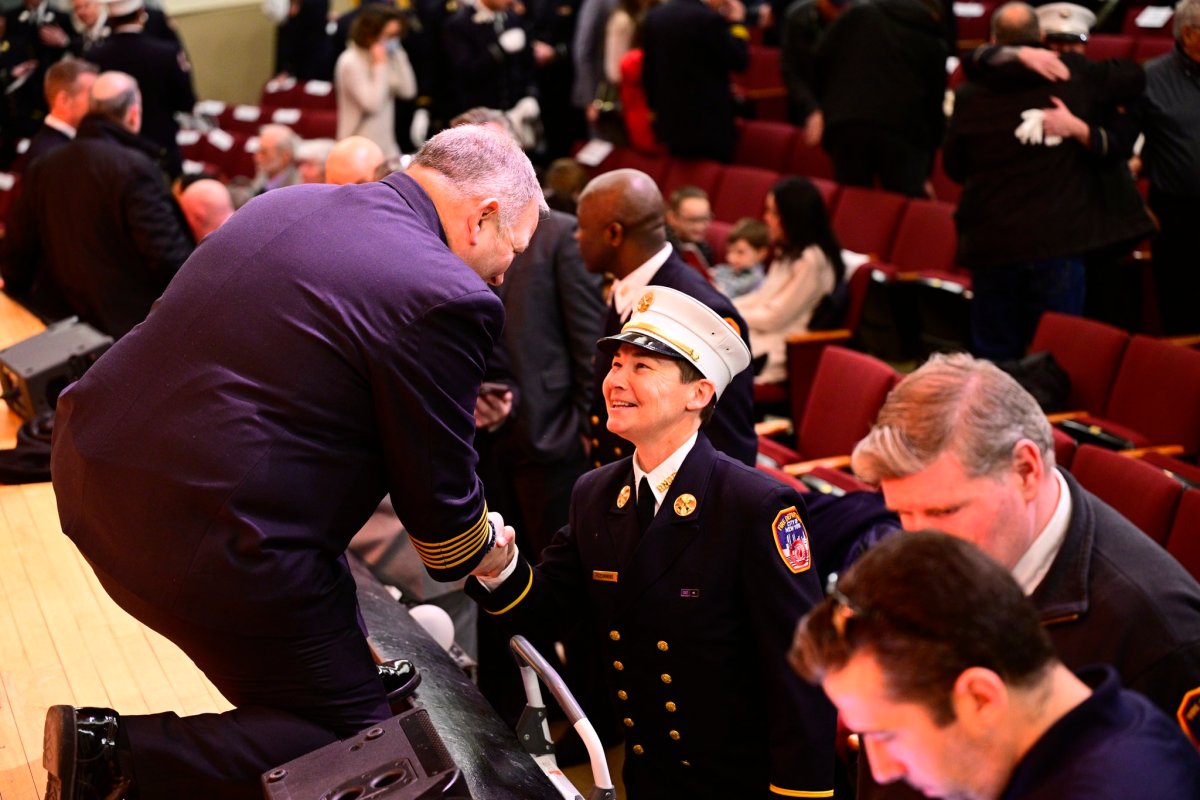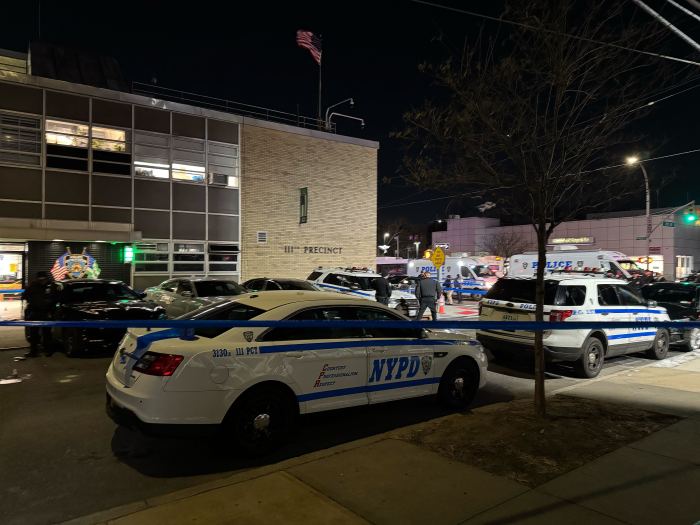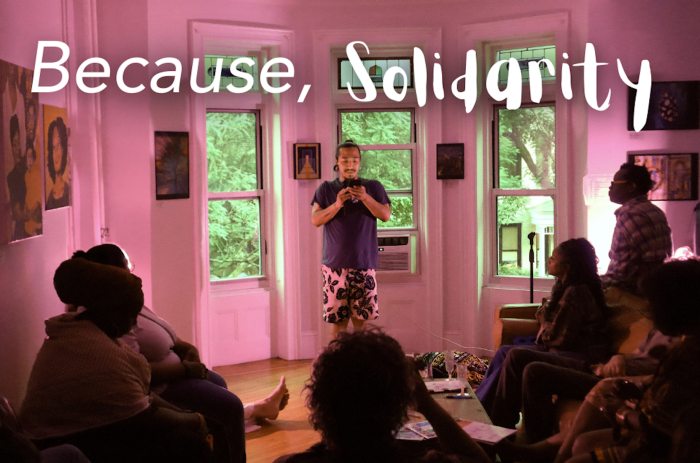Gov. Kathy Hochul signed a package of bills aimed at combatting the opioid addiction epidemic Thursday, Oct. 7, and said she would “study” opening long-stalled safe injection sites in the Empire State.
Hochul green-lit five pieces of legislation that will make it easier for people suffering from addiction to get treatment, and she told of her own late teenage nephew Michael who died from an overdose after injecting opiates laced with fentanyl six years ago.
“This is personal to me,” Hochul said during a press event at John Jay College in Manhattan. “He did not set out to be a teenage addict, that was not his goal in life, he was a young athlete, he was outgoing, he was the joy at our family gatherings. Michael had a zest for life.”
The new laws will make it easier for people to get medical support for substance use issues, according to Hochul, as opioid overdoses surged during the COVID-19 pandemic, with more than 5,100 people who died in 2020 across New York State.
“We had a crisis before with respect to the addiction and the opiate substance abuse,” she said. “After COVID, it is a crisis on steroids, it has gotten so much worse.”
A pair of bills decriminalize the possession of so-called opioid antagonists like naloxone that can stop an overdose, as well as decriminalizing possession of hypodermic needles and syringes.
Two more laws establish a program for medication-based addiction treatment in state and local prisons, and create an online directory for distributors of opioid antagonists to make it easier to get the lifesaving antidotes.
“Why wouldn’t we take advantage of that opportunity to invest in people, give them something as simple as medication and help them deal with their illness while they’re incarcerated, just like we would make sure that they have their diabetes drug, or their cancer drug, or something else to deal with whatever their ailment may be,” Hochul said.
The final piece of legislation gives judges more leeway to direct defendants suffering from addiction toward substance use treatment rather than to prison, by expanding the number of crimes that are eligible for medical addiction support over incarceration.
The laws are all methods of what advocates call “harm reduction,” which aims to remove the negative social and legal consequences of drug use rather than criminalize people who consume illegal substances.
One of the big proposals in New York City and State to combat the opioid crisis that languished under Hochul’s predecessor, disgraced ex-Governor Andrew Cuomo, is the stalled launch of supervised injection sites, also known as overdose prevention centers, which offer a safe environment for people to consume drugs.
The centers offer clean drug paraphernalia like needles and have staff on site to intervene in cases of overdoses, while also allowing them to directly connect people with other support services.
“I’m talking to all the advocates and the legislators about that and I want us to do a study on that as well,” said Hochul when asked about the sites by amNewYork Metro.
New York City was awaiting state approval for a pilot program back in 2018, but former President Donald Trump set up a legal roadblock when his Department of Justice sued a company for trying to open a site in Philadelphia, which ultimately led to an Appeals Court ruling in January that the facilities violated federal law.
The Big Apple’s health commissioner who worked on the proposal at the time Mary Bassett was recently tapped by Hochul to lead the state’s Department of Health.
Detractors of the facilities frequently worry that they encourage drug use and dealing, while bringing in more crime to surrounding areas.
However, safe injection sites have been open for decades in Europe and more recently in Canada and Australia, and research examining results mostly in these two countries has shown that they are associated with reduced overdoses, more access to healthcare for vulnerable populations, but were not found to increase drug injecting, trafficking, or crime in surrounding areas.



